For more information: http://www.7activestudio.com [email protected] http://www.7activemedical.com/ [email protected] http://www.sciencetuts.com/ [email protected] Contact: +91- 9700061777, 040-64501777 / 65864777 7 Active Technology Solutions Pvt.Ltd. is an educational 3D digital content provider for K-12. We also customise the content as per your requirement for companies platform providers colleges etc . 7 Active driving force “The Joy of Happy Learning” — is what makes difference from other digital content providers. We consider Student needs, Lecturer needs and College needs in designing the 3D & 2D Animated Video Lectures. We are carrying a huge 3D Digital Library ready to use. MECHANISM OF HORMONE ACTION : Hormones produce their effects on target tissues by binding to specific proteins called hormone receptors located in the target tissues only. Hormone receptors present on the cell membrane of the target cells are called membrane bound receptors and the receptors present inside the target cell are called inter-cellular receptors, mostly nuclear receptors. Binding of a hormone to its receptors leads to the formation of a hormone receptor complex. Each receptor is specific to one hormone only and hence receptors are specific. Hormone – Receptor complex formation leads to certain biochemical changes in the target tissue. Target tissue metabolism and hence physiological functions are regulated by hormones can be divided into groups.Peptide, polypeptide, protein hormones insulin, glucagon, pituitary hormones, hypothalamic hormones etc Steroids cortisol, testosterone, estradiol and progesterone Iodothyronines – thyroid hormones.Amino acid derivative – epinephrine.Hormones which interact with membrane bound receptors normally do not enter the target cell, but generate second messengers. eg. Cyclic AMP, Ip3, Ca++ etc which in turn regulate cellular metabolism.Hormones which interact with intra cellular receptors (steroid hormones, iodothyronines etc). mostly regulate gene expression or chromosome function by the interaction of hormone – receptor complex with genome. Cumulative biochemical actions result in physiological and development effects.
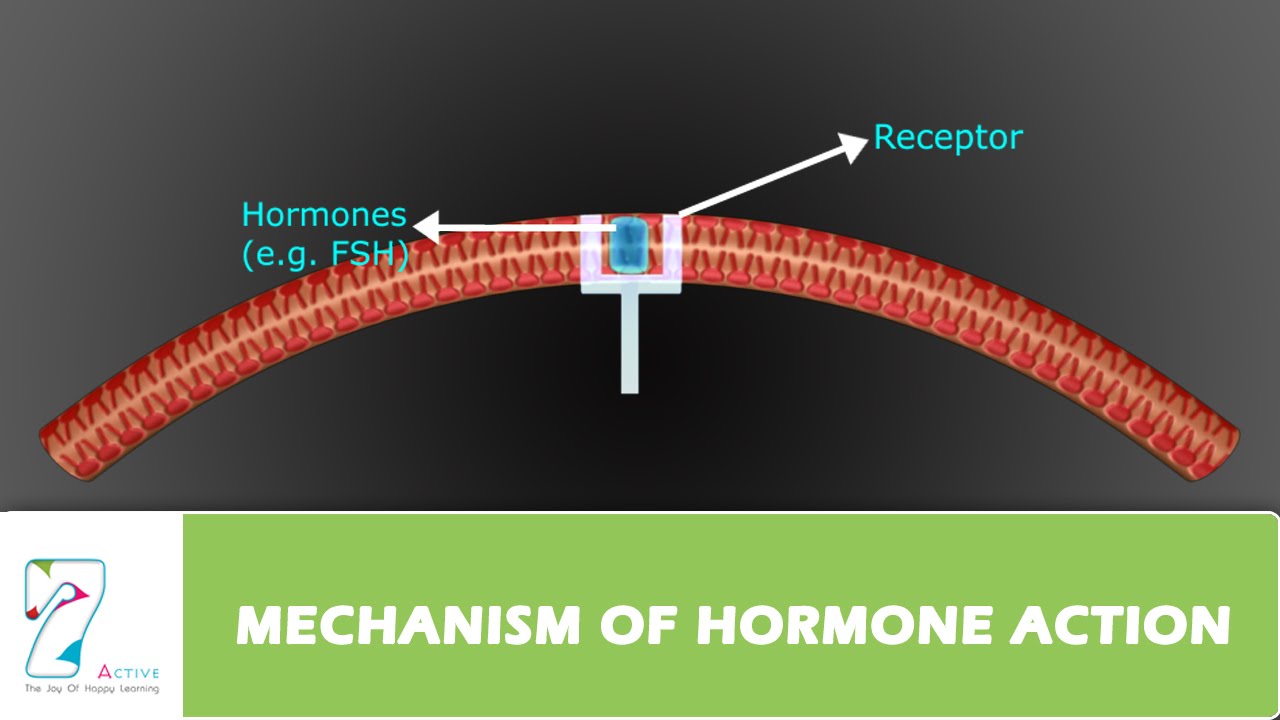
MECHANISM OF HORMONE ACTION
- Post author:
- Post published:May 22, 2021
- Post category:Uncategorized
- Post comments:0 Comments
You Might Also Like

Pulley Curl-5

Understanding semen analysis – Dr. Teena S Thomas

Fat Cutter Drink / Lose Belly Fat in 5 Days /Weight Loss Drink Remedy

This is Diabetes

reverse back extension on ball
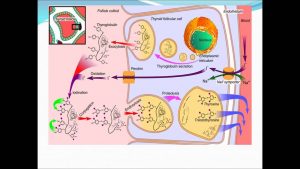
Thyroid Hormone metabolism PPT

CPR Cardiopulmonary Resuscitation Video – 5
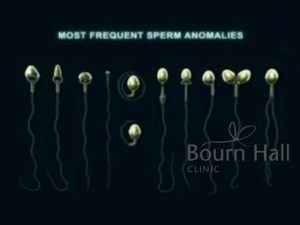
Azoospermia Treatment | Semen Analysis at Bournhall Clinic India

Respiratory System And Asanas Video – 5

Strength training for women – Full body workout with dumbbells

How to Use Whey Protein for Weight Loss
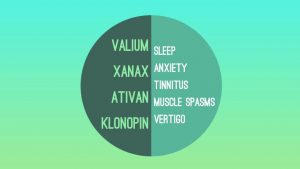
The risks of taking benzodiazepines (Klonopin, Xanax, Ativan) as prescribed

Functions Of Carbohydrates – What Do Carbohydrates Do In The Body – Importance Of Carbohydrates

Otorhinolaryngology Video – 3

chest/back pullover pecs and lats @ryan_spiteri gym beaston

Preacher Curl Machine or Biceps Curl Machine – HASfit Machine Exercises – Machine Exercise

Concentration Curls On A Swiss Ball

What body type am I? Mesomorph
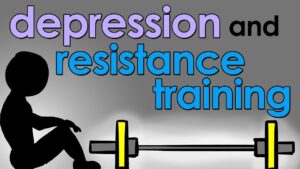
Weight Training Video – 3
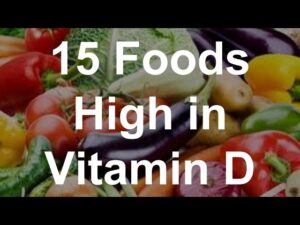
15 Foods High in Vitamin D

Best Omega-3 Supplements | Ancient Nutrition
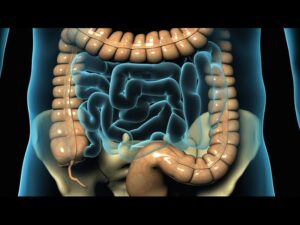
Laproscopic Surgeries Video – 2

What Is Circuit Training? | Gym Workout

Insulin and Weight loss ➠ How to Control & Lower Insulin Resistance Levels Fat Loss Diabetes Leptin

HCG Fat Loss Program

Medicine Ball Back Extension

Chances of pregnancy with Gonadotropin and HCG injection – Dr. Sangeeta Gomes

Put Onion in your socks And This will Happen

What is Shoulder Arthritis?
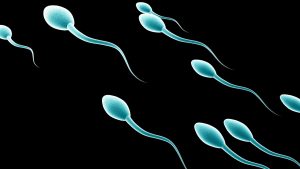
How to Treat a Low Sperm Count | Infertility

The 8 Best Supersets (YOU’RE NOT DOING!!)

Better Running and Stretching Tips for New Runners

Fat Loss, Weight Loss Video – 25

One Hand Triceps Extension-1

What is the Difference Between Food-grade and Pharmaceutical-grade Products/Supplements?

Bowen Therapy Video – 4

Shoulder Exercises, Front and Lateral Raises
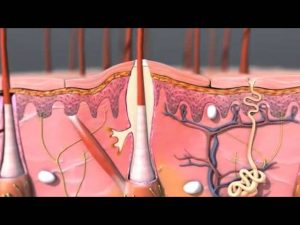
The Science Behind Pimples @ Clinique Beaute Naturelle Mumbai, India
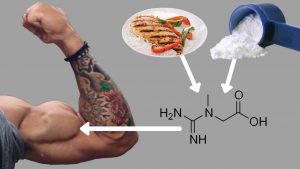
Creatine: How to Best Use It for Muscle Growth (Avoid Side Effects)!
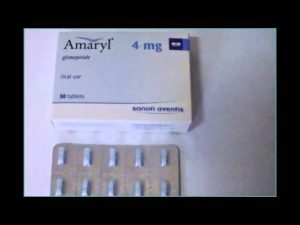
List of new diabetes medication- Side effects

Herbs Video – 1

